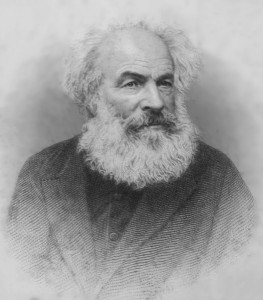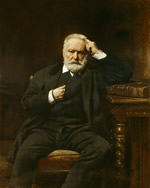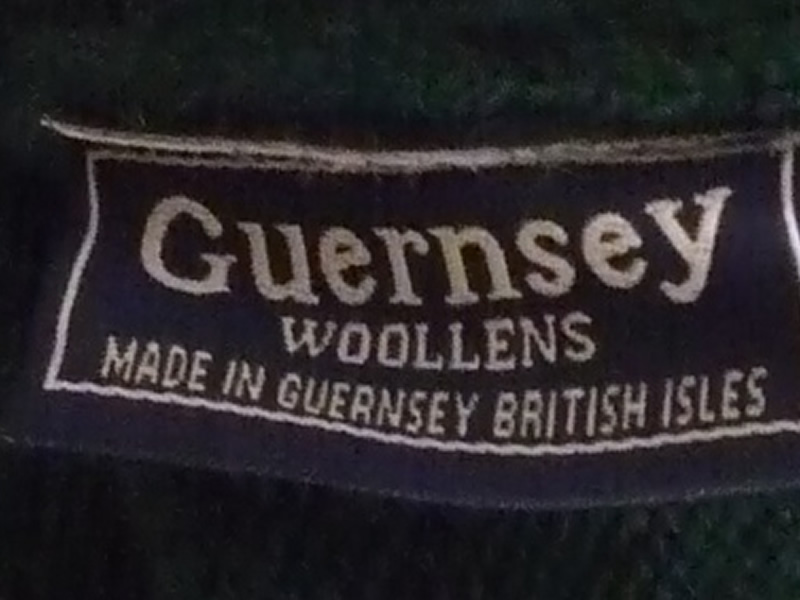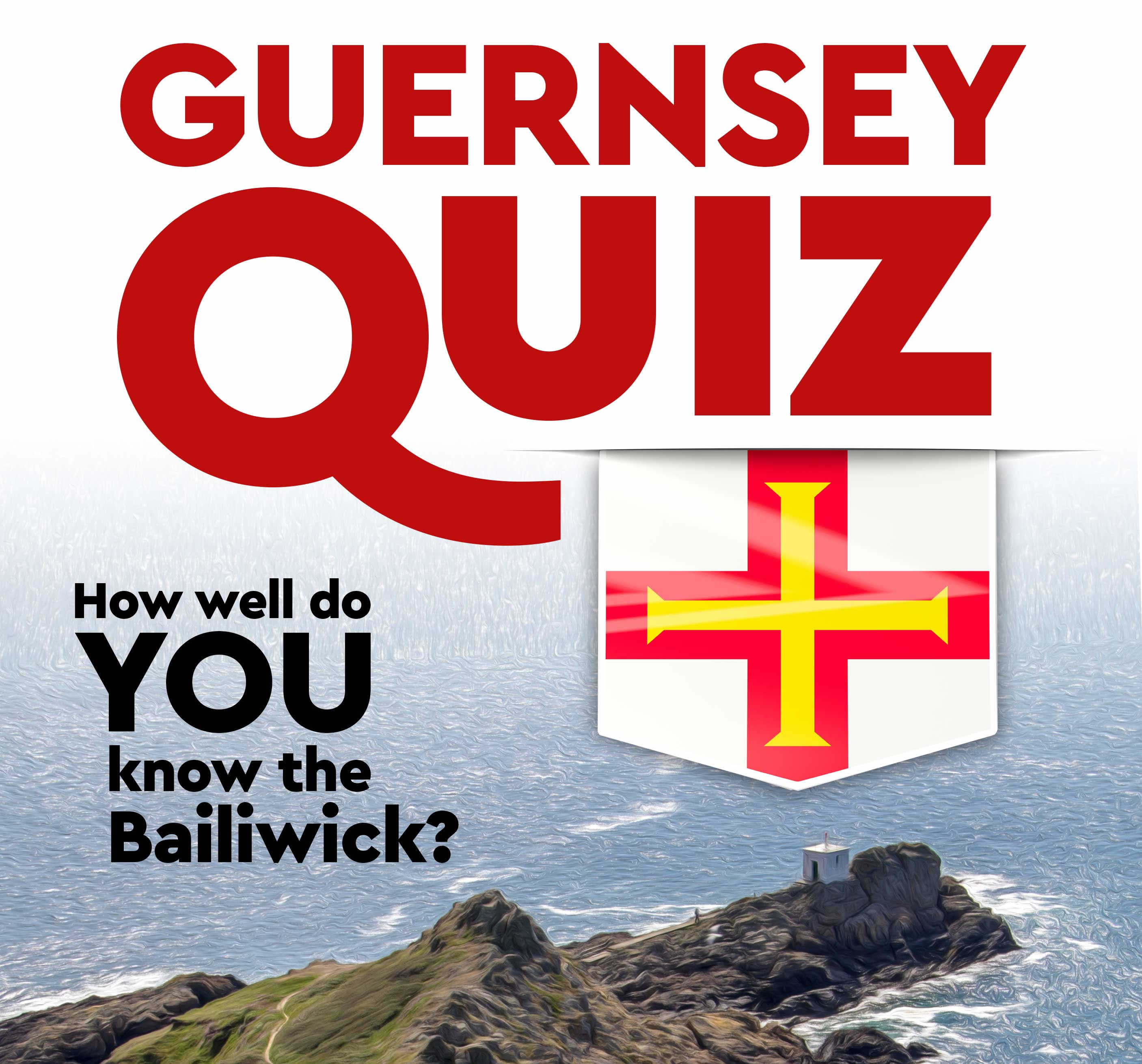
Have you ever heard of Guernseyman George Métivier (1790–1881) ? Well if you haven’t then you might like to know that he’s been described as “Guernsey’s Robert Burns” by no less than Victor Hugo himself, and even considered the island’s national poet!
George Metivier was born on January 29th 1790 in Rue de la Fontaine, St Peter Port. The Métivier family was part of the Huguenot nobility, being descended from a Pierre who fought for the King of Navarre in 1587, and who was ennobled by Henry IV of France after the battle of Coutras. His great-grandson, Jean de Bonnefine (b. 1662) was the ancestor of the Guernsey branch of the Métiviers.
As a young man, Métivier studied in England and Scotland for a career in medicine, but abandoned the idea of becoming a doctor to devote himself to linguistics and literature. His poems were published in Guernsey newspapers from 1813 until his death and since.
Apart from his obvious talent George Métivier is most noted for the fact that he wrote in Guernésiais, the indigenous language of the island at the time. He also translated the St Matthews Gospel into Guernésiais for publication by Prince Louis-Lucien Bonaparte, who visited him in 1862.
One of his most notable works though was Métivier’s Dictionnaire Franco-Normand (1870), the very first dictionary of the Norman language in the Channel Islands, modernised and updated and still in print today.
Lamentation of Damaris
Old Fountain Street’s all in a flutter,
Its dwellers are all in a stew,
There is growling from garret to gutter,
That the old must give place to the new!
Damaris harangueth her neighbours,
And bitterly blameth the States,
For enacting such wide demolition
Like aught but beneficent Fates!
Quoth the Dame: To have live in my rat-hole,
In quiet, for sixty odd years!
My blessed, old dirty, old attic,
The hopes and my fears!
But the poor must submit to the wealthy
The humble must bow down to the grand,
We had better be laid ‘neath the daises
In the churchyard of Mister Durand!’
La Victime
Veis-tu l’s écllaers, os-tu l’tounère?
Lé vent érage et la née a tché!
Les douits saont g’laïs, la gnièt est nère –
Ah, s’tu m’ôimes ouvre l’hus – ch’est mé!
Do you see the lightning, do you hear the thunder?
The wind is raging and the snow has fallen!
The brooks are frozen, the night is dark –
Ah, if you love me open the door – it’s me!




